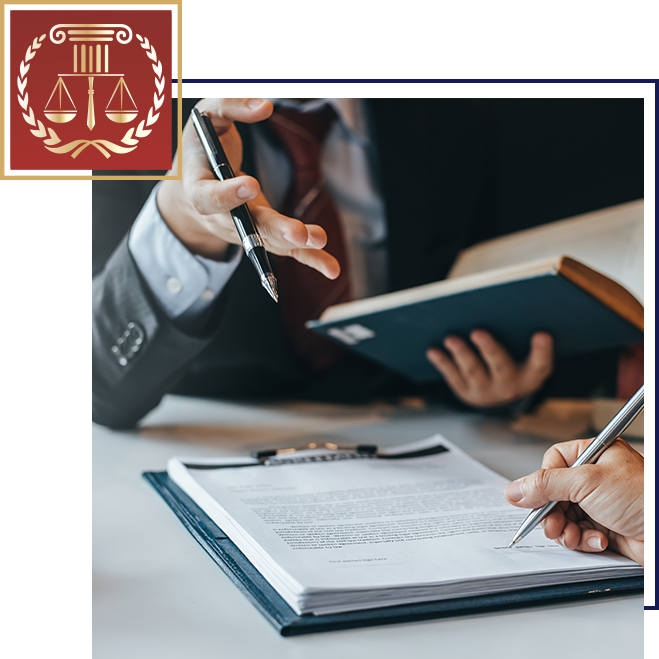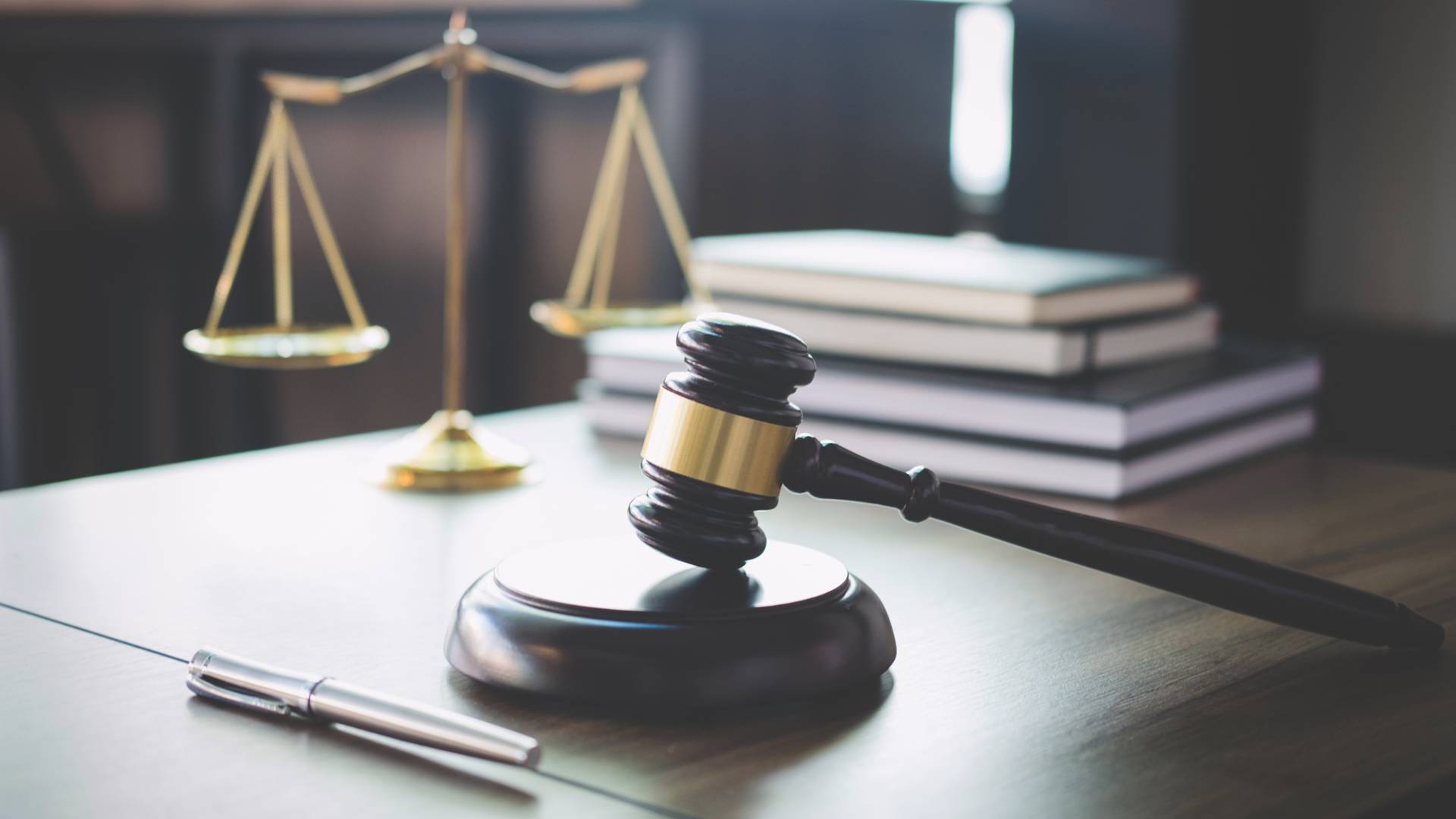
Westwood Motor Vehicle Crimes Attorney
Defending Motor Vehicle Crimes in Norfolk County
Aside from the potential of imprisonment in jail or even state prison, one important way in which these crimes may affect your life could be loss of license or driving privileges. Many motor vehicle offenses carry mandatory license suspensions of periods from days to years. Being without a valid license to drive is a major hindrance on our lives. Because it is so difficult to live without the ability to drive, many people drive even without a valid license. This causes further negative consequences when caught, because it increases not only the criminal penalties, but also the amount of time the R.M.V. will suspend your license.
In some cases – but not all – you may apply for a hardship license which permits you to operate a motor vehicle during limited hours. These are available for limited purposes and permit travel only during limited hours.
Motor vehicle offenses include, but are not limited to:
- Driving without a license.
- Driving with a suspended license.
- Operating with a suspended license.
- Negligent operation of a motor vehicle.
- Reckless operation of a motor vehicle.
- Operating under the influence of alcohol (DUI/OUI).
- Operating under the influence of drugs.
- OUI Subsequent Offense (OUI 2nd Offense – OUI 5th Offense or more).
- Operating to endanger another person.
- Operating and committing vehicular homicide.
- Operating an uninsured motor vehicle.
- Operating an unregistered motor vehicle.
- Leaving the scene of an accident.
- Leaving the scene of an accident that caused property damage.
- Leaving the scene of an accident that caused personal Injury.
Schedule your free phone consultation with a dedicated attorney at Eisenstadt Law by filling out our confidential contact form or by dialing (617) 397-5755 today. Serving clients in Norfolk, Suffolk, Plymouth, Barnstable, Bristol, Essex & Middlesex Counties.
What Is the Court Process for Motor Vehicle Crimes?
In some cases, you may receive a summons to appear at a clerk’s hearing to determine whether there is probable cause for a criminal complaint to issue. That may be your first opportunity to make a defense and attempt to avoid being charged with a crime altogether.
If you are, in fact, charged with a motor vehicle offense, you may either be arrested or summonsed to court. The first step in the process after being charged is arraignment. This will typically take place at first in the district court. At the arraignment, you will be informed of the specific charges you are facing and will likely get preliminary reports of the facts supporting the charges.
Next, you will be subject to a bail hearing at which the court will determine whether you must post a bail to remain free pending the outcome of the case and, if so, how much that bail will be. At the bail hearing, you may also be ordered by the court to abide by certain conditions of release including prohibitions from driving or reporting to probation.
You will then be scheduled for a pre-trial hearing. In some instances, we have been able to have the charges dismissed at an arraignment stage. If the case does proceed to the pre-trial hearing, motions would be filed, and documents obtained. At that point, you may decide to resolve the case at a pre-trial or proceed to trial and present a defense to a judge or jury.

What Makes Our Firm Different?
We Don't Back Down From a Challenge

-
Local AttorneysOur firm consists of local attorneys who have worked in the area for years. Each attorney is familiar with the courts and has a great reputation within the legal field.
-
Free Initial ConsultationAt Eisenstadt Law, our firm offers a free initial consultation to learn more about your case and to ensure our team is the best fit for you.
-
Aggressive DefenseOur legal team does not back down from a challenge. We fight to ensure that the rights, futures and freedoms of our clients are protected.
-
Proven Track RecordOur attorneys have successfully helped thousands of clients reach a positive outcome in their cases. We have achieved this by using our experience and expertise to our advantage.
-
Accessible to ClientsWe are available 24/7 to best suit the needs of our clients. We pride ourselves on providing each of our clients and their cases with the personal attention and commitment that they deserve.

Client Success Stories
Read What Past Clients Had to Say
-
“They took their time and clearly explained the legal process and what their approach to the case would be. Needless to say, we hired Eisenstadt Law and could not have been more satisfied with their service.”- L.S.
-
“My friend was right to send me your way for my case. I never thought anyone could have gotten me out of trouble but you did it.”- J. S.
-
“We could not believe how quickly you were able to get our son out of jail and were even more impressed with how you were able to get the case thrown out. He was lucky to have lawyers like you on his side.”- J. & B. L.
-
“I thought I was going to lose everything I had until that first court hearing in probate court. The judge immediately agreed with Ed’s arguments and the next week, Joe had the restraining order dismissed.”- K. B.
-
“They reviewed the case with me and explained the legal issues more clearly than any of the other lawyers I had met with. When I eventually met Joe in court I knew that all three of these guys had what it took to defend me.”- R. S.
-
“I knew that I had not done the things that they charged me with but didn’t know how to prove it. I was going to lose my job if the complaint got issued in the clerk’s hearing so it was such a big deal that you kept the police from getting a com”- G. J.
-
“They were efficient and professional. My girlfriend would not stop charging me with false charges of assault and restraining order violations. The DA kept trying to hold me without bail but they didn’t let that happen! Thanks!”- D. L.
-
“We never had any doubt that we were in goods hands with Eisenstadt Law. Our legal matter was handled quickly and with with such care and attentiveness, we felt as if we were their only clients.”- S.S.


Why Clients Choose to Work With Us
Read How We Have Helped Previous Clients
-
Case Dismissed Assault and Battery
-
Case Dismissed Assault and Battery
-
Case Dismissed Assault and Battery with a Dangerous Weapon
-
Pre-trial Probation Breaking and Entering, Resisting Arrest, Disorderly Conduct
-
Not Guilty Domestic Assault and Battery
-
Case Dismissed Felony Larceny